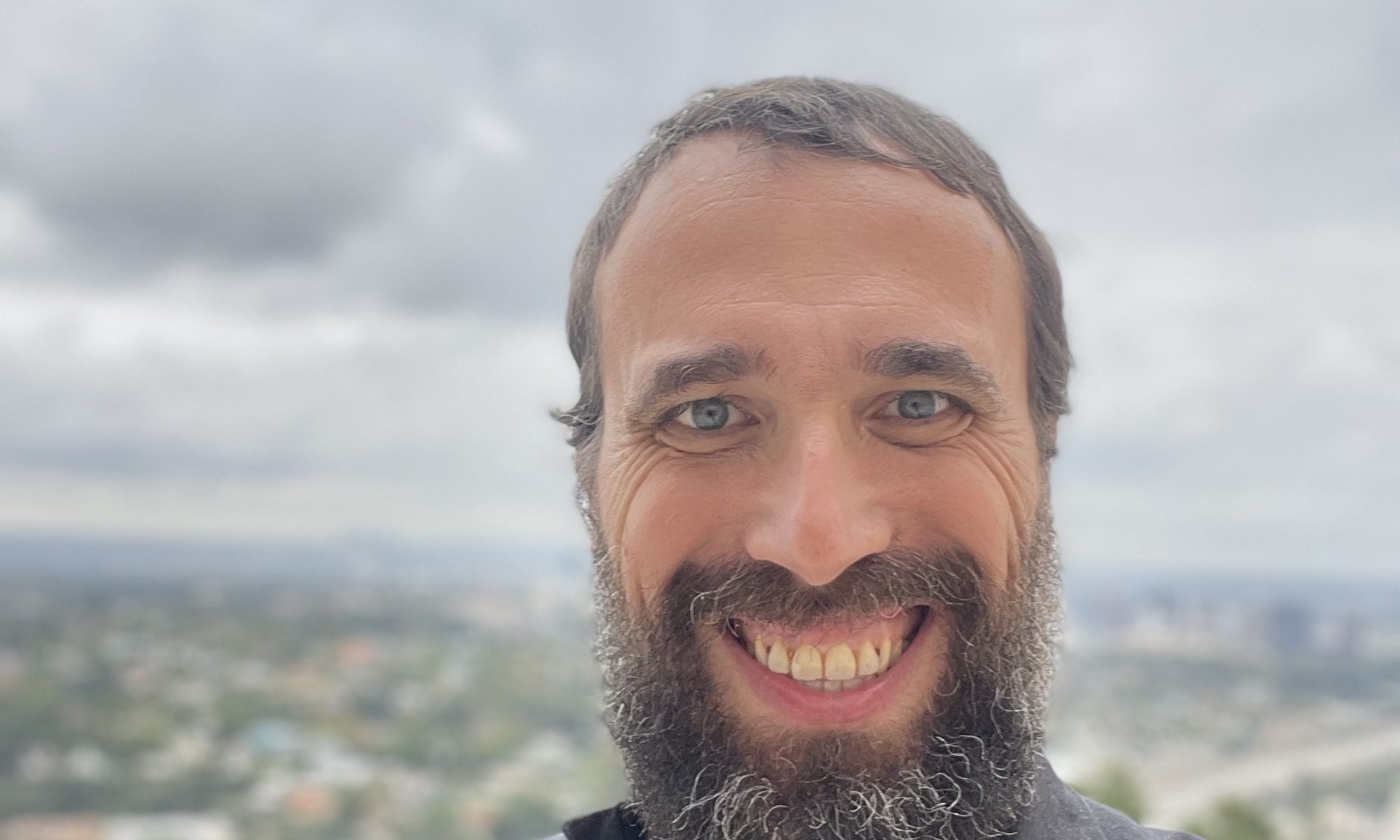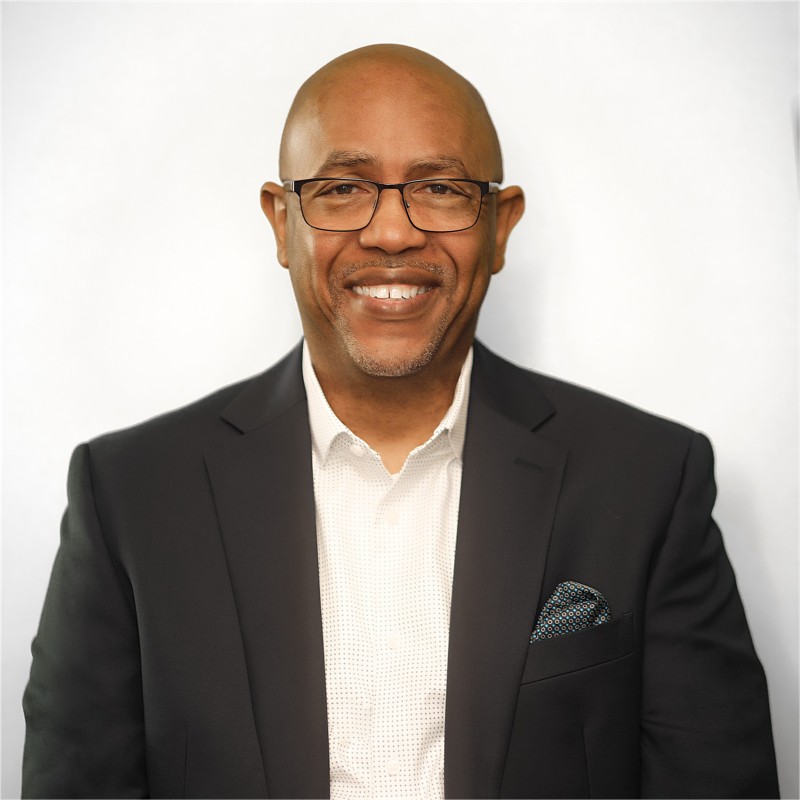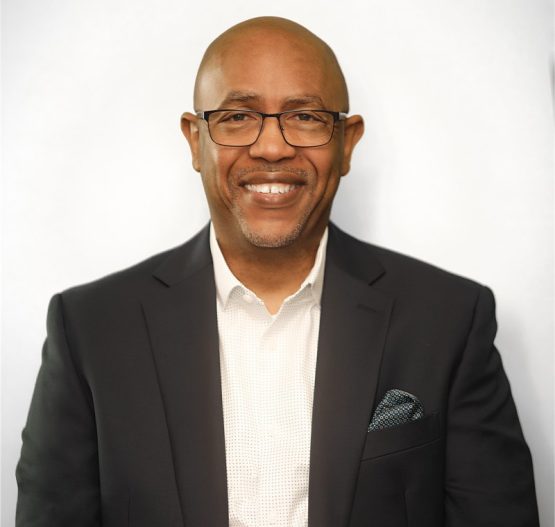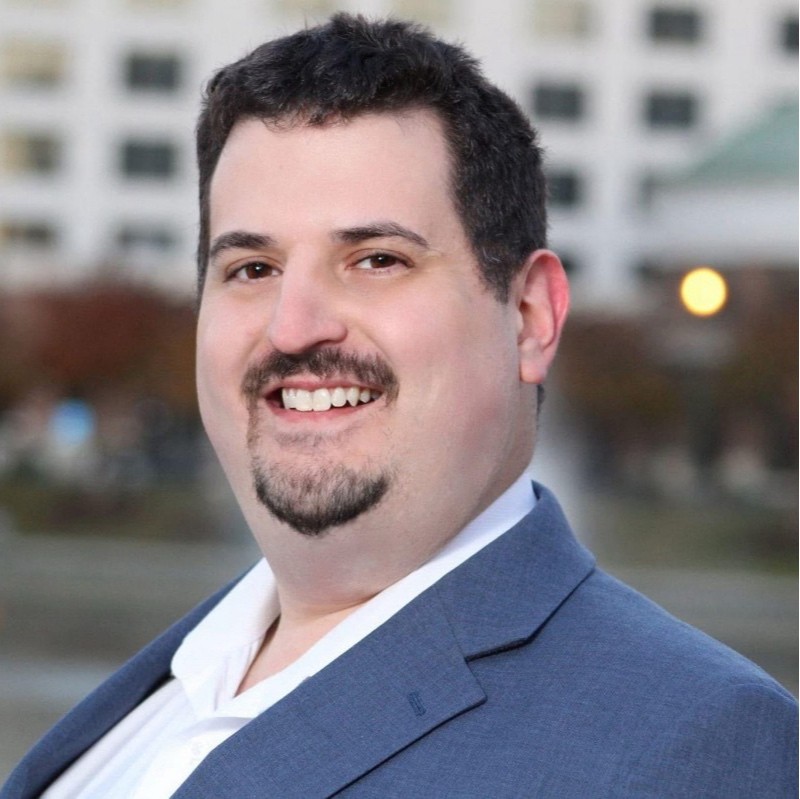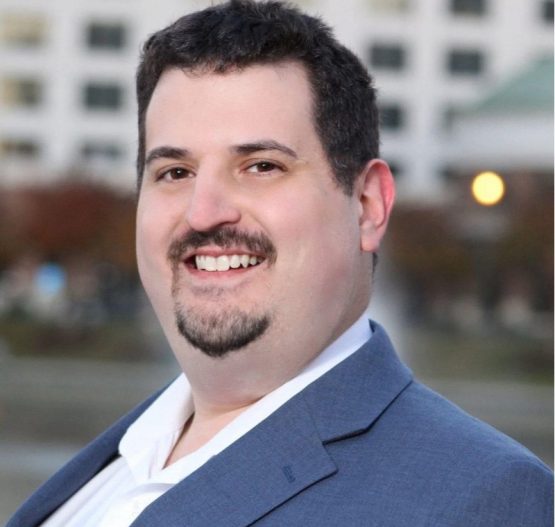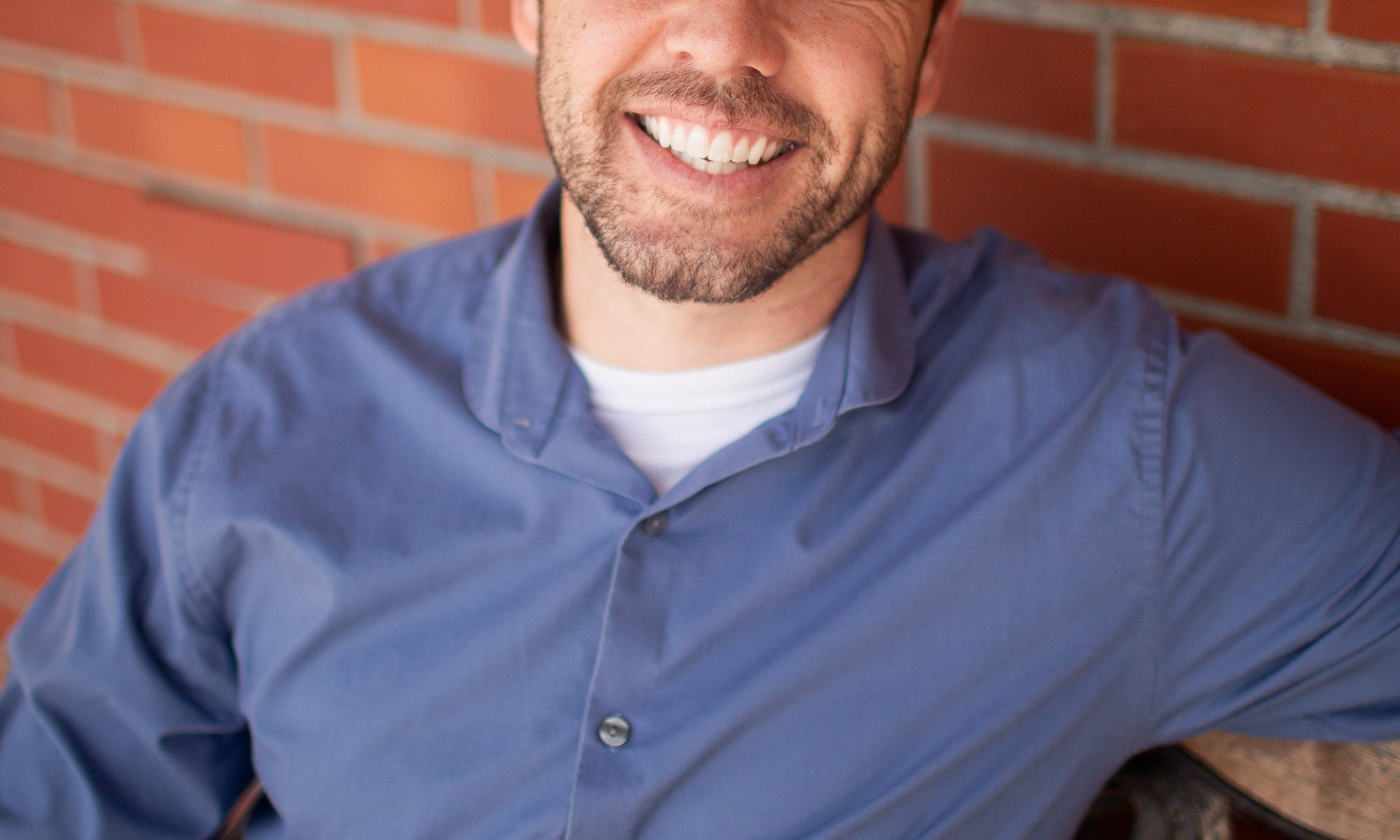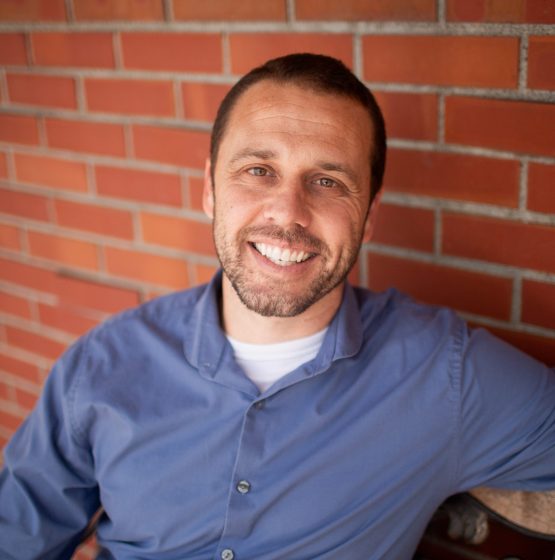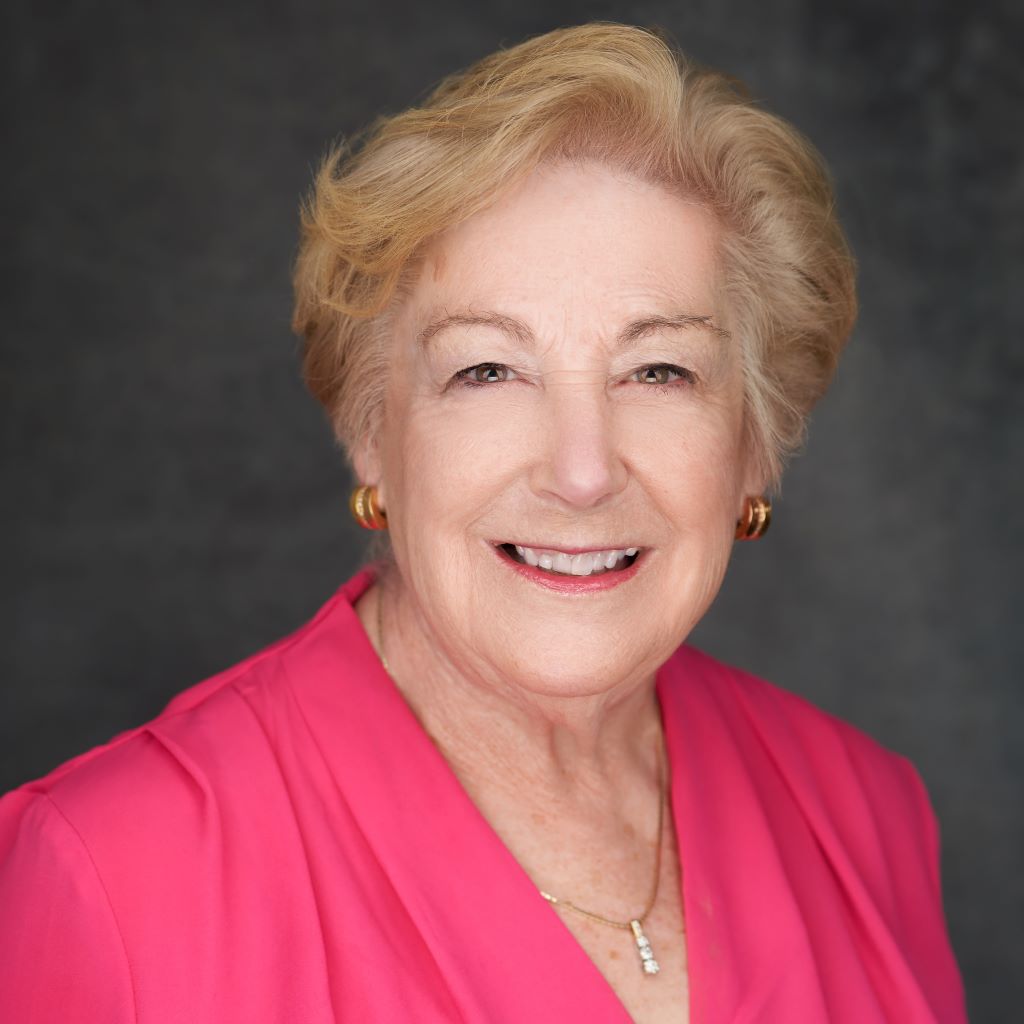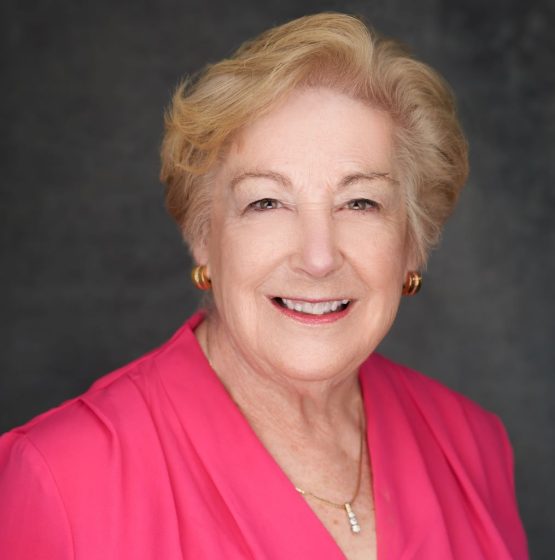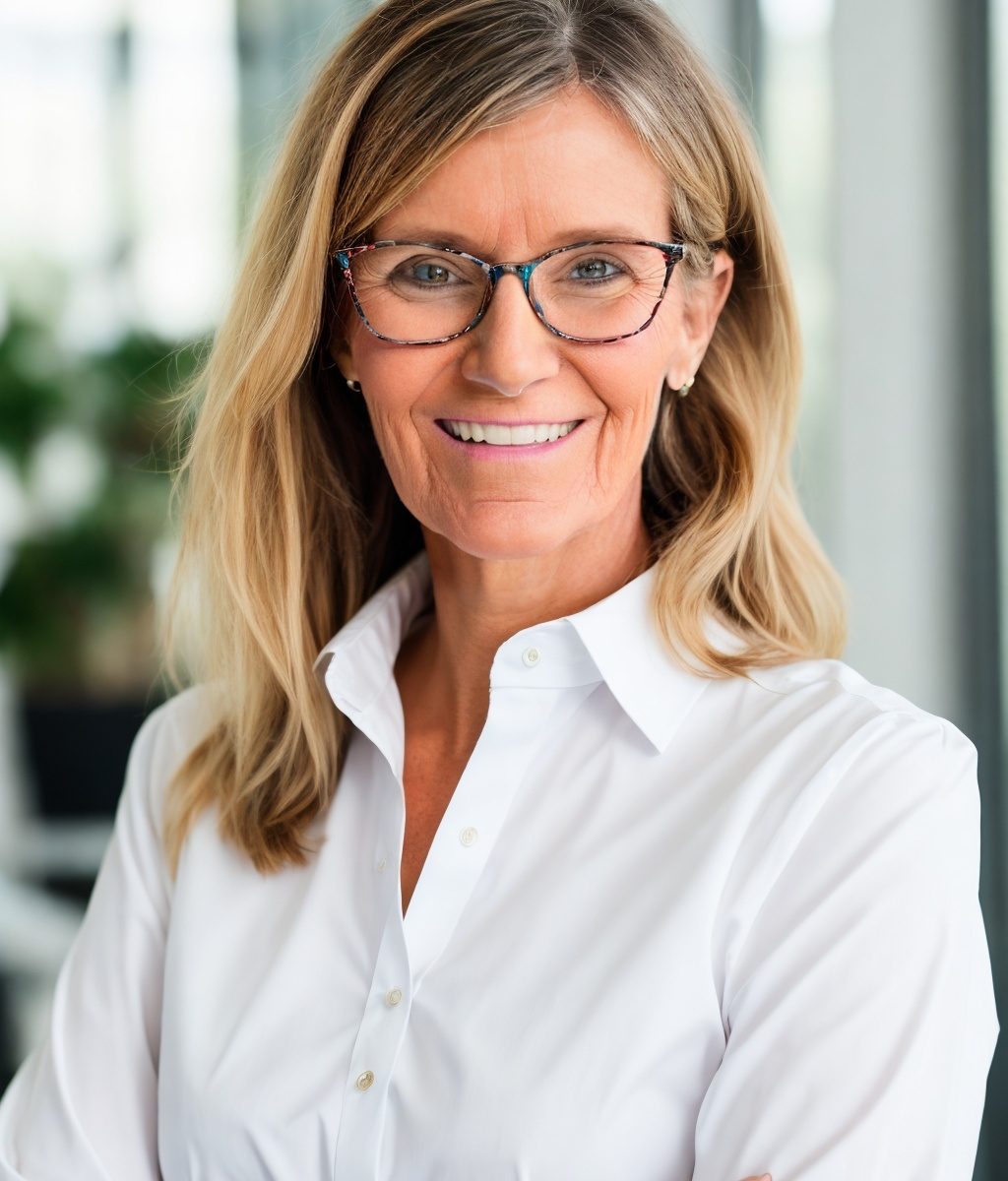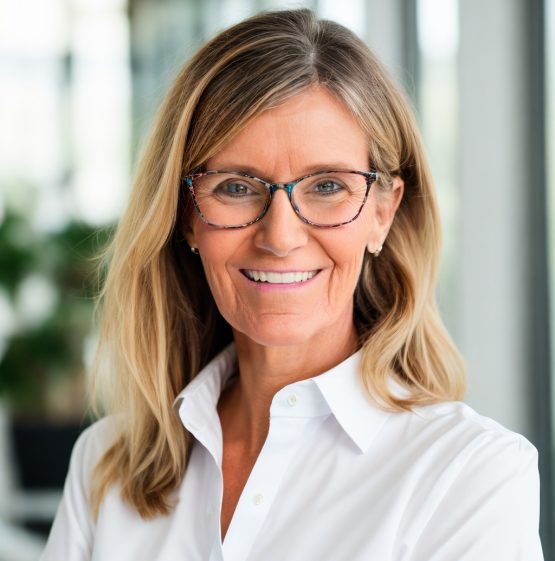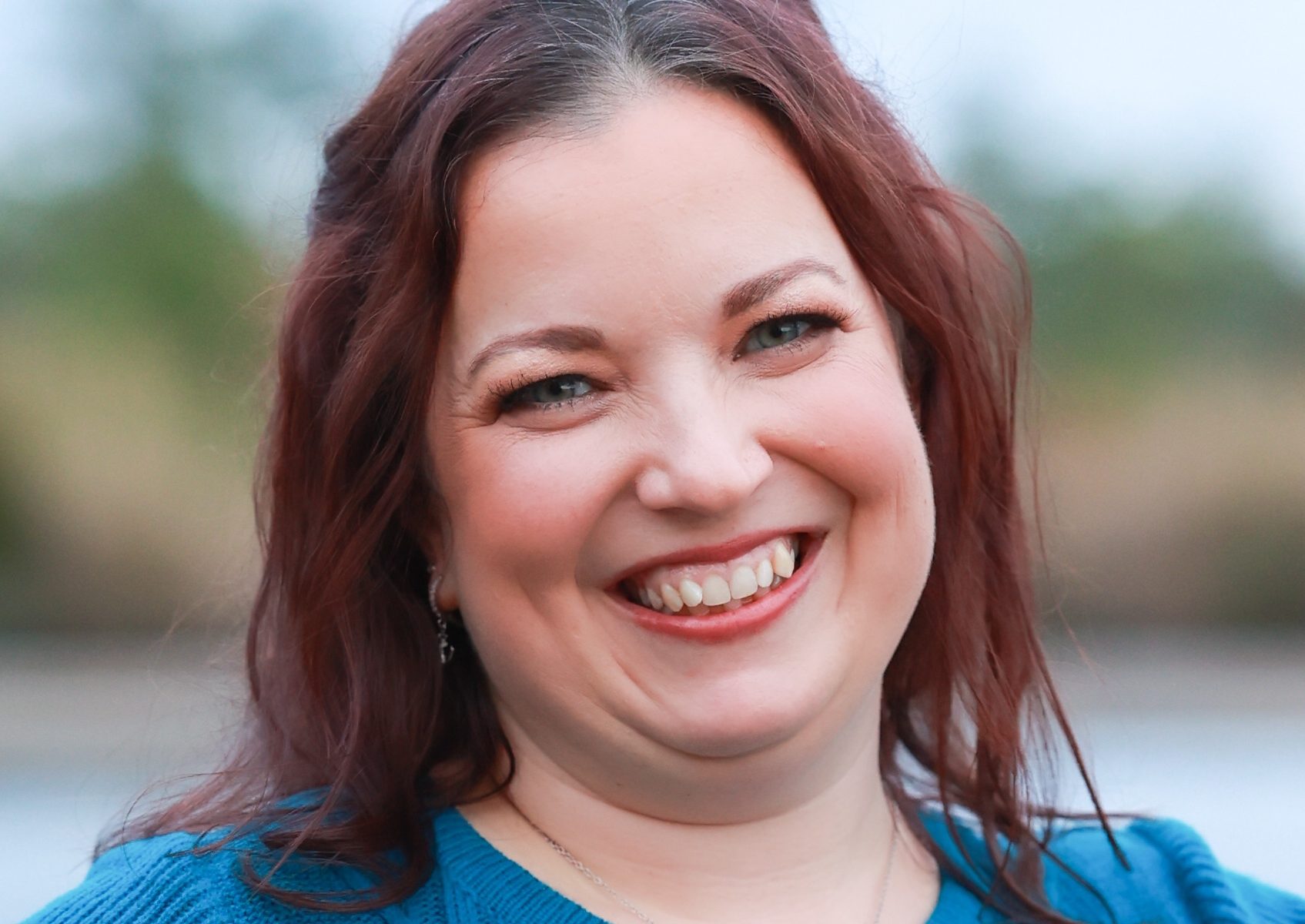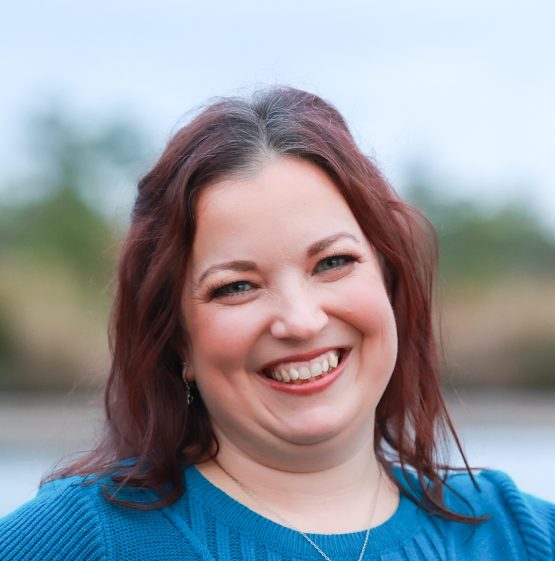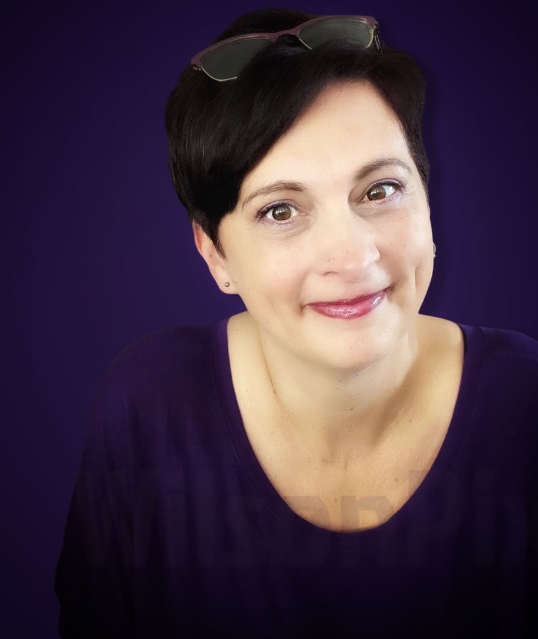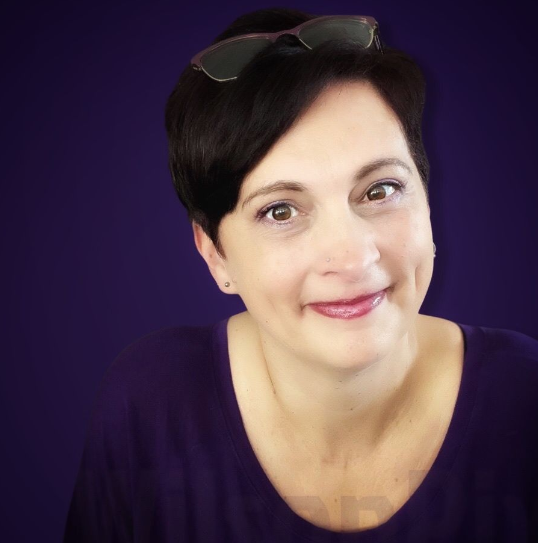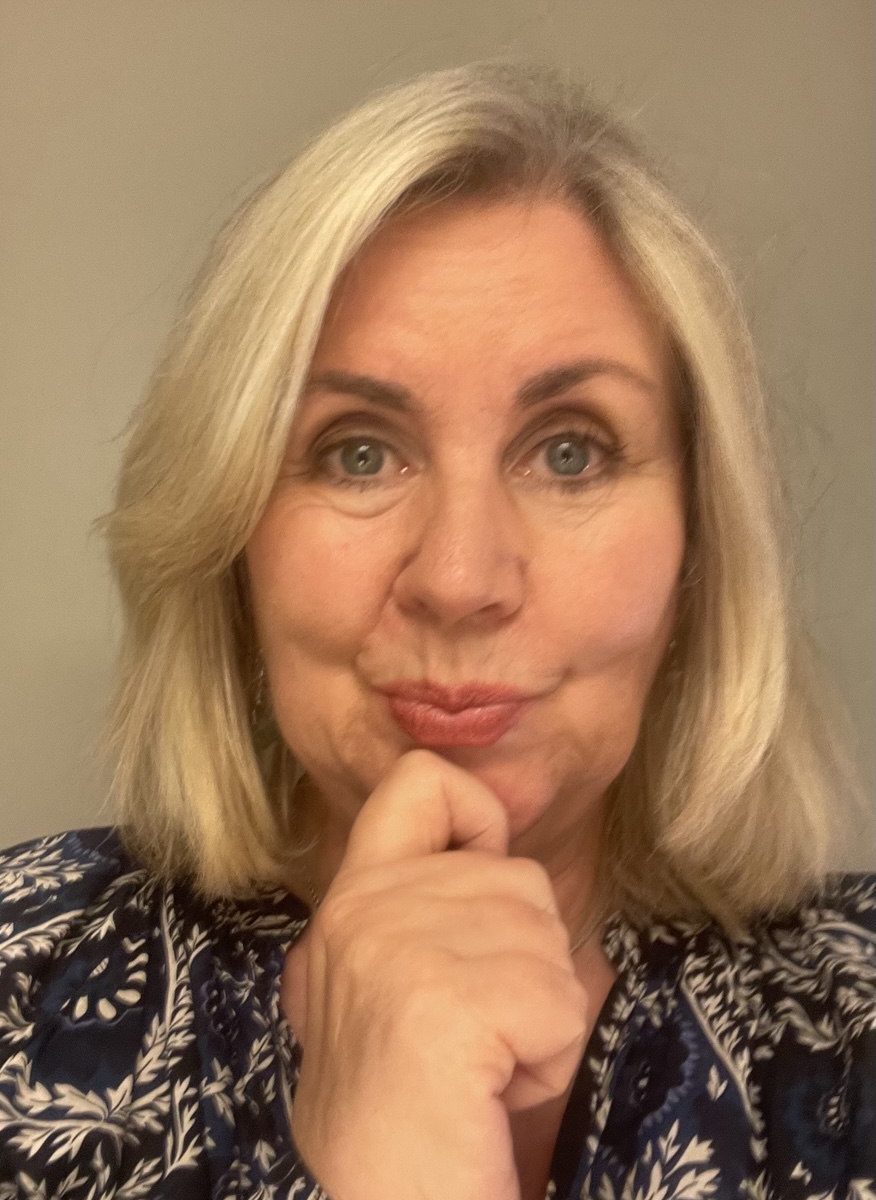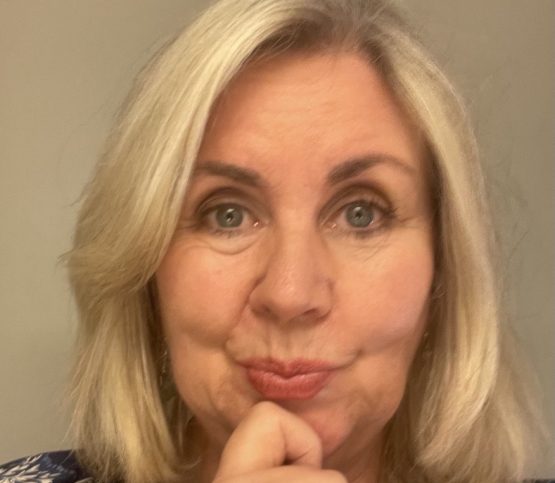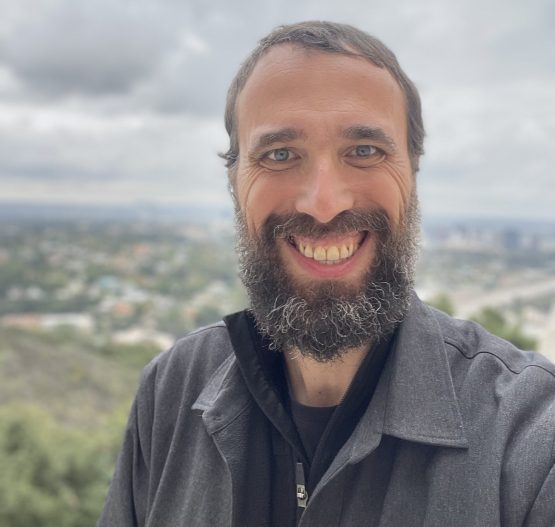
Russell Nohelty:
The Business of Failing
Russell Nohelty has built seven companies—six of which failed. But what he’s learned about failure, reinvention, and resilience is more valuable than any business plan.
Bio
Russell Nohelty is a USA Today bestselling fantasy and non-fiction author who has written dozens of novels and graphic novels including The Godsverse Chronicles, The Obsidian Spindle Saga, and Ichabod Jones: Monster Hunter. He is the publisher of Wannabe Press, co-host of the Kickstart Your Book Sales & Six Figure Author Experiment podcasts, and cofounder of the Writer MBA conference & The Future of Publishing Mastermind. He also co-created the Author Ecosystem archetype system to help authors embrace their natural tendencies to find success. You can find most of his writing at theauthorstack.com. He lives in Los Angeles with his wife and dogs.
Topics
- Redefining failure in business
- The emotional cost of shutting down a company
- Entrepreneurial resilience: how to keep going after repeated setbacks
- What failing six businesses taught me
- Why some ideas don’t scale—and how to tell
- The difference between exponential and arithmetic growth
- Creative burnout vs. structural failure
- Building and maintaining momentum as a creator
- Extracting value from failed ventures
- How to walk away from a project without regret
Guiding Questions
- You’ve built seven companies—why do you think only one survived?
- Can you describe the moment you knew Writer MBA had to close?
- What does failure mean to you now, versus when you were starting out?
- How do you know when to push through a roadblock vs. walk away?
- You’ve said that failing businesses can still leave behind valuable assets—can you elaborate?
- What surprised you most emotionally about ending this latest venture?
- How do you decide what to build next after a failed project?
- What role does storytelling play in navigating business success and failure?
- How do you maintain creative energy after so many reinventions?
- What advice would you give to a founder going through their first major failure?
Interested in this guest’s story?

